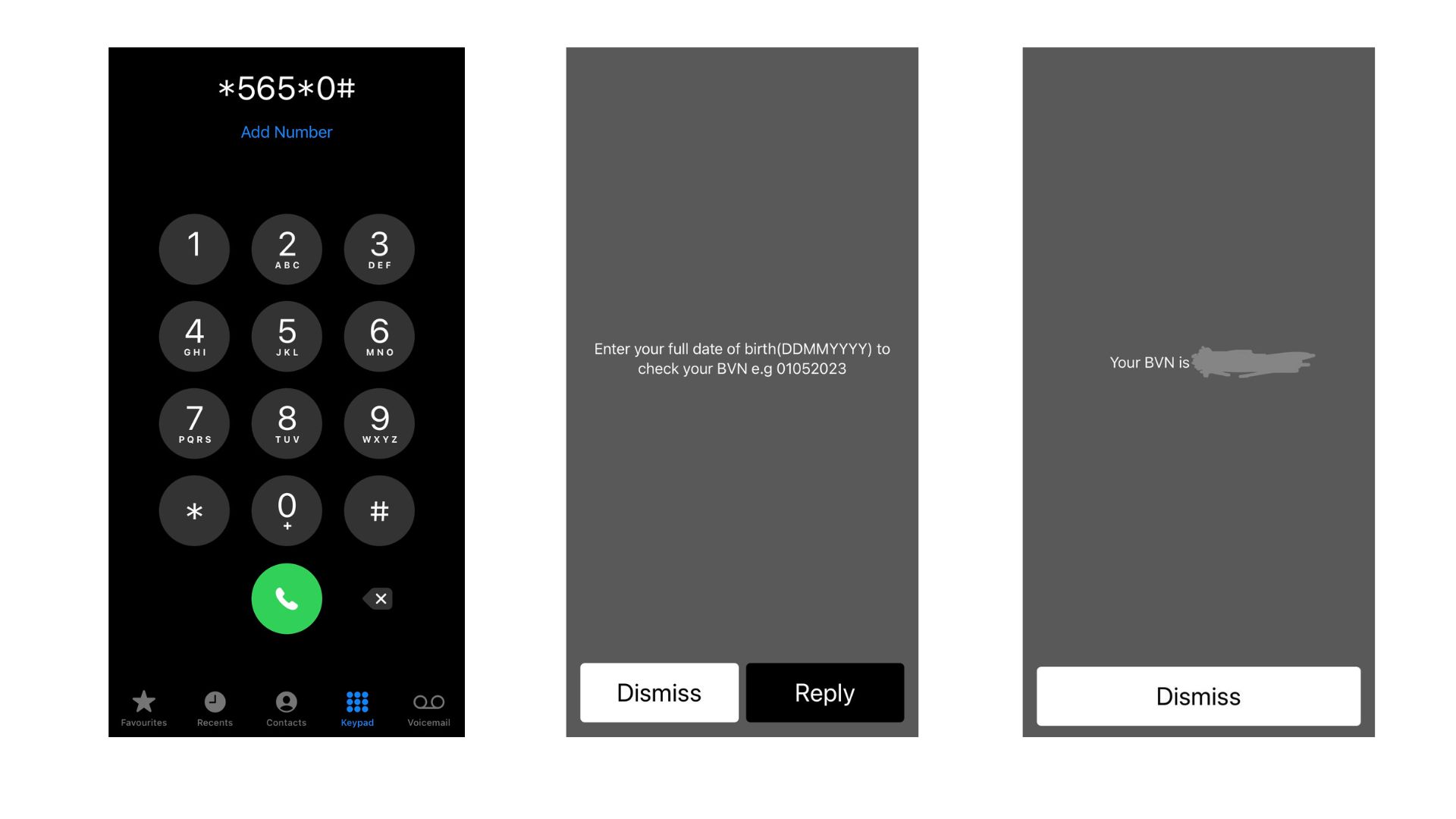As the crypto world evolves, finding the best crypto wallet is more important than ever. With digital assets forming a core part of many investors’ portfolios, understanding how wallets safeguard your private keys the cryptographic secrets granting access to your funds is essential. Below, we explore why secure wallet choices and self-custody matter, compare wallet models, and highlight three verified advantages of Ledger hardware wallets.
Why You Need a Secure Wallet
A secure wallet does more than simply hold your funds; it enforces a boundary between your private keys and the Internet. Software wallets on desktops or mobiles offer ease of use but expose keys to malware, phishing, and OS vulnerabilities. By contrast, a secure solution ensures that only you can authorize transactions, preventing stolen credentials or compromised devices from draining your holdings. As regulatory landscapes shift and new attack vectors emerge, prioritizing wallet security is not optional, it’s fundamental to protect your crypto investments.
Role of Self-Custody Wallets
Self-custody transfers full control and full responsibility for key management to you, rather than to exchanges or custodial services. This model eliminates counterparty risk: if an exchange freezes withdrawals or suffers a hack, your assets remain beyond its reach. Self-custody aligns with cryptocurrency’s decentralized ethos, empowering you to manage backups, updates, and transaction approvals on your own terms. Hardware wallets make this practical by combining offline key protection with straightforward recovery options.
Understanding Software, Cold, and Hardware Wallets
- Software wallets run on Internet-connected devices, storing keys locally. They excel at quick trades and dApp interactions but demand rigorous device hygiene strong passwords, two-factor authentication, and up-to-date security patches.
- Cold wallets (paper or air-gapped computers) keep keys fully offline, maximizing isolation but requiring manual steps to USB transfers or QR-code exchanges to sign and broadcast transactions.
- Hardware wallets generate and store keys inside a tamper-resistant chip off the network, yet allow on-device signing when you connect them. This hybrid approach delivers robust security without sacrificing usability for everyday operations. The Hardware can be considered as a cold wallet when it is not connected to internet.
The Technological Edge of Hardware Wallets
Hardware wallets never expose private keys to a host device. When you prepare a transaction in your companion app, only the unsigned data travels to the device. You then verify the amount and address on its built-in screen and physically confirm by pressing a button. The wallet’s secure chip signs the transaction and returns the signature ensuring that even a fully compromised computer cannot alter your keys or transaction details.
User Experience: Striking a Balance
Modern hardware wallets bridge strong security and user-friendly design. Setup wizards walk you through PIN creation, seed-phrase backups, and firmware updates, while clear on-device prompts guide transaction reviews. Some devices even feature touchscreens and intuitive menus. By reducing complexity without weakening security hardware wallets enable both novices and experts to adopt self-custody confidently.
Embracing Multi-Chain Support
As decentralized finance (DeFi), NFTs, and alternative blockchains proliferate, hardware wallets that support multiple networks streamline portfolio management. You install separate “apps” for Bitcoin, Ethereum, Solana, and others each running in its own secure environment within the device. This multi-chain capability consolidates all your assets under one roof, reducing the need for multiple wallets or devices while preventing cross-chain vulnerabilities from propagating.
Verified Advantages of Ledger Hardware Wallets
- Offline Key Generation & Secure Element : Private keys are created and remain inside a certified Secure Element chip, never exposed to Internet-connected hardware.
- Genuine Check Integrity Verification: Introduced in 2018, it’s a cryptographic bootloader confirms only authentic, signed firmware can run, protecting against malicious or tampered updates.
- Proprietary OS with App Sandboxing: Each application operates in its own isolated environment, preventing vulnerabilities in one app from compromising the core key-storage system.
Limitations: Requires an upfront device purchase; mandates secure seed-phrase backups on non-digital media; companion-app features (e.g., in-app purchasing and staking) vary by region.
By combining offline isolation, firmware integrity checks, and strict application sandboxing, Ledger hardware wallets deliver a security posture unmatched by software or cold-only models empowering you to maintain full control over your crypto assets as you explore the decentralized future.










